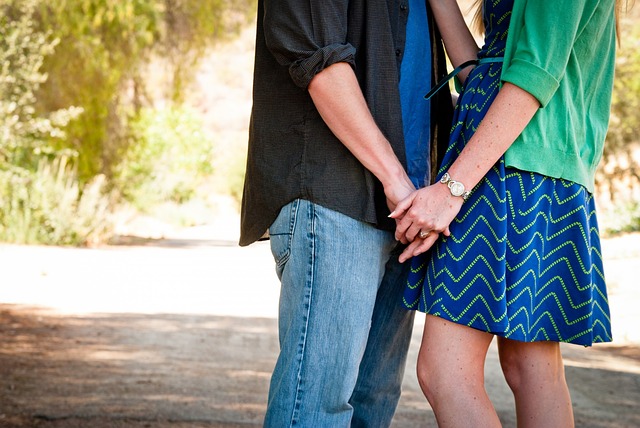The Dangers of Swiping Right
Back in the ‘50s when you wanted to ask someone out, you worked up the courage to walk up to them and pop the question. This remained the same for years. Sometimes a little note was involved, that eventually evolved into an email, then a text and today we’ve landed in the app world. Apps like Grindr, Tinder and OkCupid are the norm when it comes to dating, and with them being more for hook ups than real relationships, organizations like The AIDS Healthcare Foundation are trying to get the word out about being safe more so than ever.
Just this week billboards started to pop up here in Los Angeles featuring silhouettes of people. Two had “Tinder” and “Grindr” on their faces, the others had the names of common STDs. The AIDS Healthcare Foundation wanted to point out that with hook ups on the rise because of these apps, safety needs to be the number one priority. Whitney Engeran-Cordova, senior public health director for the foundation said in a statement, “In many ways, location-based mobile dating apps are becoming a digital bathhouse for millennials wherein the next sexual encounter can literally just be a few feet away — as well as the next STD.” Tinder and Grindr were not happy about the billboards and took action within a couple of hours of hearing about them. Grindr pulled the foundation’s commercials, and the other sent a cease and desist letter out.
She has a point though; I used OkCupid for such shenanigans, and when you have one thing on your mind, nothing else really matters. I was safe and thankfully walked away from that time in my life void of anything that’d require a lifelong prescription. That’s not always the case and not everyone will be so lucky. So think smart the next time before you swipe right. I know it’s hard, this is the time we live in – but live is the key word – you don’t want to come out of a hook up with something that could shorten your lifespan.
When you think, no, that can’t happen to me note that according to the American Sexual Health Association:
- More than half of all people will have an STD/STI at some point in their lifetime.
- In a national survey of US physicians, fewer than one-third routinely screened patients for STDs/STIs.
- One in two sexually active persons will contract an STD/STI by age 25.
- It is estimated that as many as one in five Americans have genital herpes, a lifelong (but manageable) infection, yet up to 90 percent of those with herpes are unaware they have it.
- Each year, there are almost 3 million new cases of chlamydia, many of which are in adolescents and young adults.
This isn’t to scare you away from these apps in any way. It’s to just make you think twice before hooking up with a random person. Maybe get to know them a bit more before hopping into bed. I’m not saying date them for six months and then do the deed, just long enough to build some trust.










Leave a Reply
Want to join the discussion?Feel free to contribute!